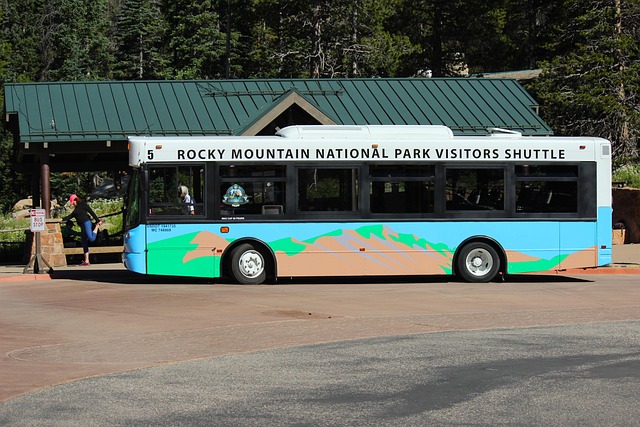In the quest for a sustainable future, the concept of carpooling emerges as a practical solution, particularly in the context of rural mobility. Unlike urban areas, rural communities often face unique transportation challenges, including limited public transit options and greater distances between destinations. Here, carpooling offers a refreshing approach to not only ease these challenges but also enhance community connectivity.
Transport sustainability is about more than just reducing carbon emissions; it’s about fostering a culture of shared responsibility. When individuals come together to share rides, they significantly decrease the number of vehicles on the road, which in turn reduces traffic congestion and lowers greenhouse gas emissions. This ripple effect is crucial in rural areas, where the use of personal vehicles is often necessary but can contribute to environmental degradation.
Furthermore, carpooling aids rural development by strengthening social ties. In tight-knit communities, sharing rides fosters relationships among residents, allowing them to connect in ways that traditional modes of transportation do not. Imagine a scenario where neighbors, who might otherwise remain strangers, bond over shared commutes to work, school, or local events. This not only builds community spirit but also nurtures a sense of collaboration that can lead to collective actions for community improvements.
Additionally, in rural settings where jobs and services might be located miles apart, carpooling can significantly improve access to employment opportunities and essential services. Local businesses and social services can thrive when residents can easily reach them. By encouraging shared transportation, communities can help ensure that everyone, regardless of economic status, has a fair shot at success and accessibility.
Innovative technologies and platforms designed for carpooling are making it easier than ever for rural dwellers to connect. Mobile apps and online platforms tailored for communities can facilitate these arrangements, matching drivers with passengers who are headed in the same direction. This digital advancement addresses the communication barriers that can sometimes exist in less densely populated areas and promotes a more inclusive environment for all.
In addition to environmental and social benefits, there are tangible economic advantages to carpooling. By sharing transportation costs, participants can reduce their expenses significantly. Fuel costs and maintenance of vehicles can drain the budget, particularly for families in rural areas. Pooling resources allows individuals to save money, which can then be injected back into the local economy, supporting local businesses and services.
As we contemplate the future of mobility, it is essential to recognize the invaluable role of carpooling in fostering a more sustainable and connected rural landscape. By choosing to carpool, we are not simply opting for a ride; we are embracing a lifestyle that emphasizes community, sustainability, and the spirit of collaboration. This shift in mindset is vital for building resilient rural communities that can thrive in the face of future challenges.
As awareness around transport sustainability grows, the potential for carpooling to reshape our rural environments becomes increasingly clear. It paves the way for a cleaner, greener future while simultaneously invigorating the social fabric that binds us together. The journey towards sustainable development in rural areas starts with us—one shared ride at a time.




